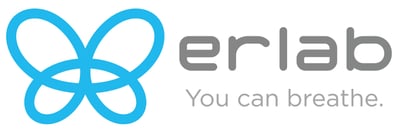
| Available On Demand Now |
Speaker


Lab Manager needs the contact information you provide to us to contact you about our products and services. You may unsubscribe from these communications at

Lab Manager c/o LabX Media Group
1000 N West Street, Suite 1200,
Wilmington, Delaware, United States,19801
Toll Free: 888.788.0328 | Phone: 705.528.6888
Email: privacy@labmanager.com
©2025 Lab Manager®
All Rights Reserved
Terms Of Use | Privacy Policy